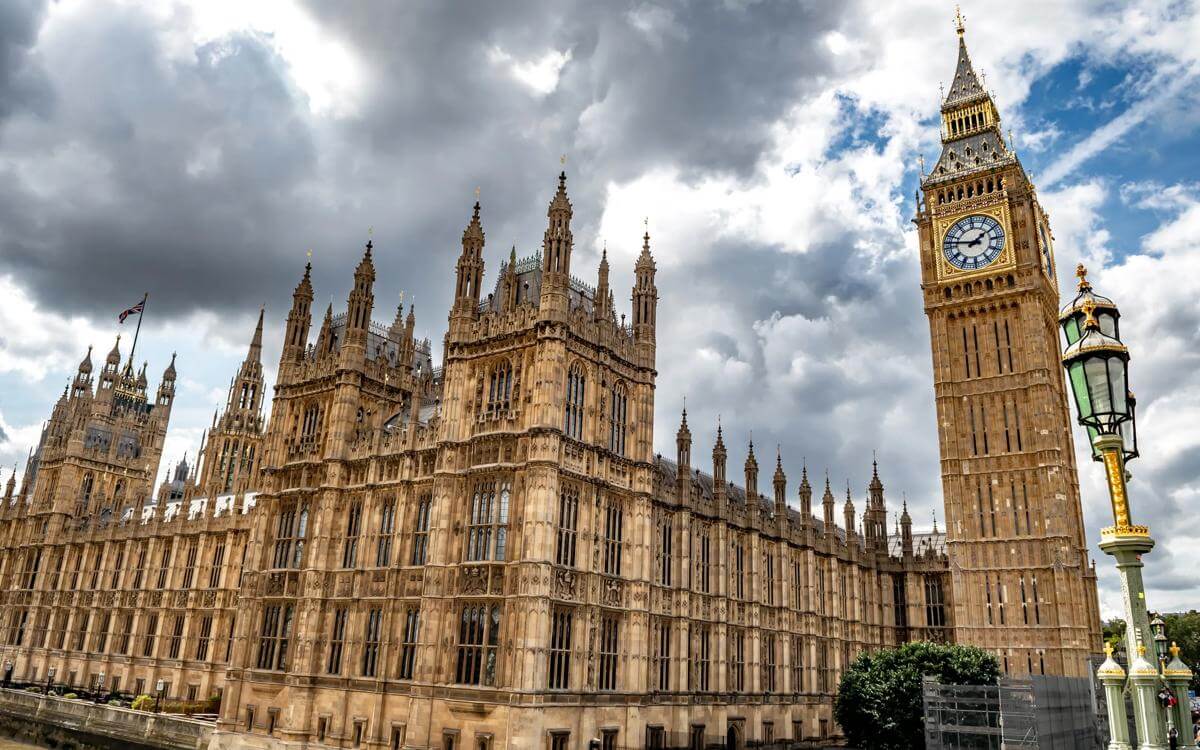Covid 19 public inquiry
The start of the public inquiry into Covid-19 in the UK has moved one step closer with the appointment on December 17 2021 of Baroness Heather Hallett to chair the inquiry. The inquiry was announced in May last year and is due to start in the spring of 2022.
The start of the public inquiry into Covid-19 in the UK has moved one step closer with the appointment on December 17 2021 of Baroness Heather Hallett to chair the inquiry. The inquiry was announced in May last year and is due to start in the spring of 2022.
The job of a public inquiry is to respond to "public concern" about a particular event or set of events - such as the pandemic. The inquiry will ask three questions:
- What happened?
- Why did it happen?
- What can be done to prevent it happening again?
The Covid-19 inquiry will be established under the Inquiries Act 2005, with full powers, including the power to compel the production of documents and to summon witnesses to give evidence on oath.
Even before this process starts the inquiry will need to appoint key staff and set its scope and terms of reference.
Already there are signs that this may not be straightforward. The Covid-19 inquiry is intended to be UK-wide and the terms of reference are being drawn up in consultation with ministers from the devolved administrations. At the same time Scotland has announced its own Covid-19 Public Inquiry and has already appointed its Chair and published its own terms of reference. The Scotland inquiry has acknowledged that it may need to take the remit of the UK-wide COVID-19 inquiry into account. Whether both inquiries will coordinate their calls for evidence and witnesses remains to be seen, but is likely to imply additional bureaucracy.
Once the terms of reference for the UK-wide Covid-19 inquiry have been published in draft, Baroness Hallett will take forward a process of public engagement and consultation - including with bereaved families and other affected groups - before the terms of reference are finalised.
The Covid-19 inquiry will seek to determine what lessons can be learned for the future and is expected to draw up a report that will make recommendations to the Government. Given the huge volume of evidence that the Covid-19 inquiry will be required to marshall, sift, analyse and conclude on it is likely that the process will last a number of years.
For health providers the delayed start and duration of the inquiry process may present a challenge in terms of retaining and locating any information the inquiry may call for and maintaining an institutional memory of the pandemic. When the inquiry does eventually publish its findings, relating these to what is then current practice may also prove problematic as ways of working evolve and adapt over time.
Contact

Alistair Taylor
Associate
Alistair.Taylor@brownejacobson.com
+44 (0)330 045 2970








































